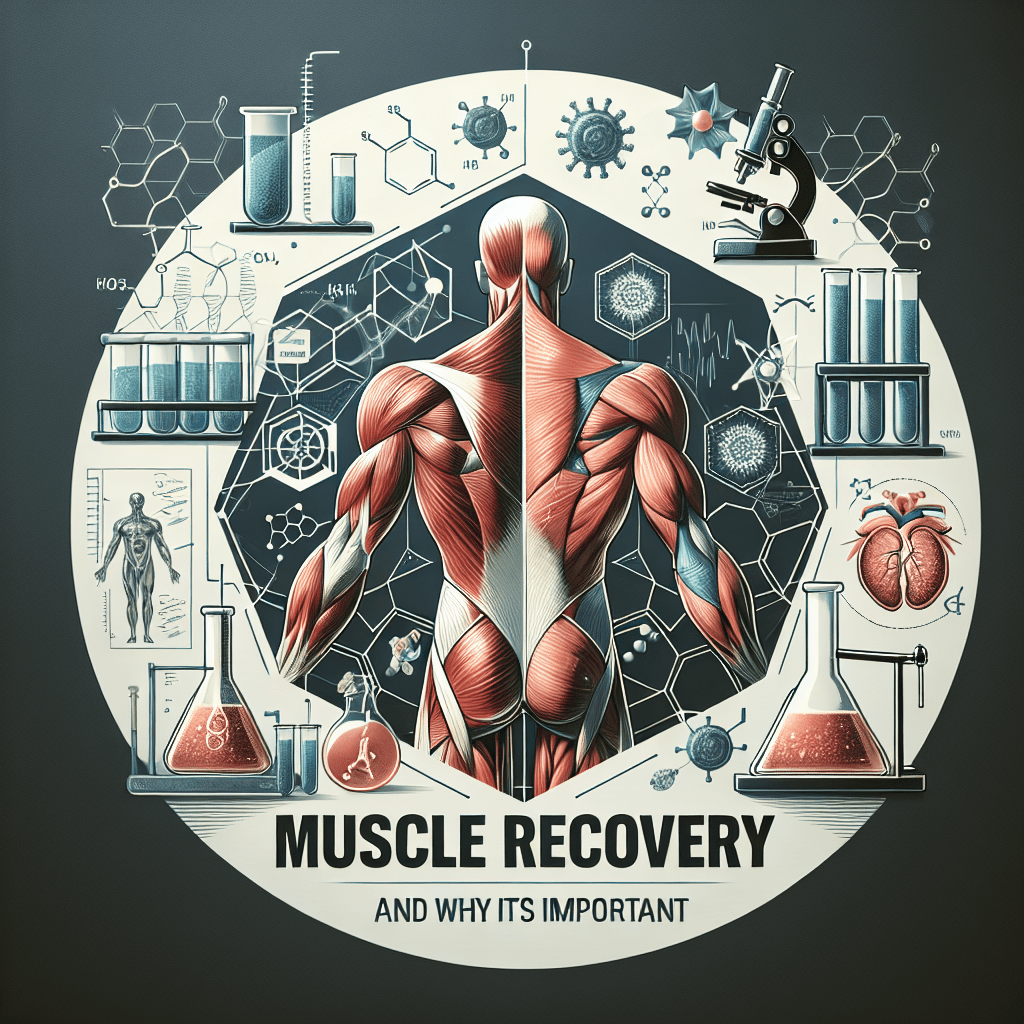When it comes to building muscle and improving athletic performance, many people focus on the importance of training and diet. While these factors are crucial, muscle recovery is often overlooked. However, muscle recovery is just as important as training and diet when it comes to seeing results and preventing injury. In this article, we will explore the science behind muscle recovery and why it is so important for athletes and fitness enthusiasts.
The Science Behind Muscle Recovery
Muscle recovery is the process by which muscles repair and rebuild themselves after a workout. When you exercise, you create small tears in your muscle fibers. These tears stimulate the muscle to repair itself, resulting in increased muscle mass and strength. However, if you do not allow your muscles enough time to recover, these tears can accumulate and lead to muscle fatigue and injury.
There are several factors that contribute to muscle recovery, including rest, hydration, nutrition, and sleep. Rest is essential for allowing your muscles to repair themselves, as it gives them time to heal and grow stronger. Hydration is important for transporting nutrients to your muscles and flushing out toxins that can build up during exercise. Nutrition is crucial for providing your muscles with the fuel they need to repair and grow, while sleep is essential for hormone regulation and muscle development.
Why Muscle Recovery Is Important
Now that we understand the science behind muscle recovery, let’s explore why it is so important for athletes and fitness enthusiasts. Here are some of the key reasons why muscle recovery should not be overlooked:
- Prevents injuries: Without adequate muscle recovery, you are more likely to suffer from muscle fatigue and injury. Overtraining can lead to strains, sprains, and other musculoskeletal problems that can derail your progress and set you back in your fitness goals.
- Improves performance: When your muscles are properly recovered, you will be able to perform at your best during workouts and competitions. Muscles that are well-rested are stronger, more flexible, and less prone to fatigue, allowing you to push yourself harder and achieve better results.
- Promotes muscle growth: Muscle recovery is essential for building and maintaining muscle mass. When you give your muscles time to recover, they have the opportunity to repair themselves and grow stronger, resulting in increased muscle size and strength over time.
- Enhances recovery rate: By prioritizing muscle recovery, you can speed up the rate at which your muscles heal and rebuild themselves. This means that you can bounce back from intense workouts faster and get back to training sooner, leading to more consistent progress and faster results.
Conclusion
Overall, muscle recovery is a critical aspect of any training program, as it plays a vital role in preventing injuries, improving performance, promoting muscle growth, and enhancing recovery rate. By prioritizing rest, hydration, nutrition, and sleep, you can optimize your muscle recovery and see better results in the gym. Remember that recovery is not a sign of weakness, but rather a key component of a successful fitness regimen. So be sure to listen to your body, give your muscles the time they need to heal and grow, and watch as your fitness goals become a reality.
FAQs
Q: How long does it take for muscles to recover after a workout?
A: The amount of time it takes for muscles to recover can vary depending on the individual, the intensity of the workout, and other factors. In general, it is recommended to allow at least 48 hours of rest between working the same muscle groups again.
Q: What are some signs of overtraining?
A: Some common signs of overtraining include persistent muscle soreness, decreased performance, fatigue, irritability, and trouble sleeping. If you experience these symptoms, it may be a sign that you need to give your body more time to recover.
Q: Is stretching important for muscle recovery?
A: Yes, stretching can be beneficial for muscle recovery as it helps to improve flexibility, reduce muscle tension, and increase blood flow to the muscles. Incorporating stretching into your post-workout routine can help to speed up the recovery process and prevent muscle stiffness.
TIP: Listen to Your Body
One of the most important things you can do to support muscle recovery is to listen to your body. Pay attention to how you feel, both during and after workouts, and adjust your training accordingly. If you are feeling fatigued or sore, give yourself permission to take a rest day or engage in some light activity. Remember that rest is an essential part of the recovery process, so be sure to prioritize it alongside your training and nutrition. By tuning into your body’s signals and giving yourself the time and care you need, you can maximize your muscle recovery and achieve your fitness goals more effectively.
#Science #Muscle #Recovery #Important

